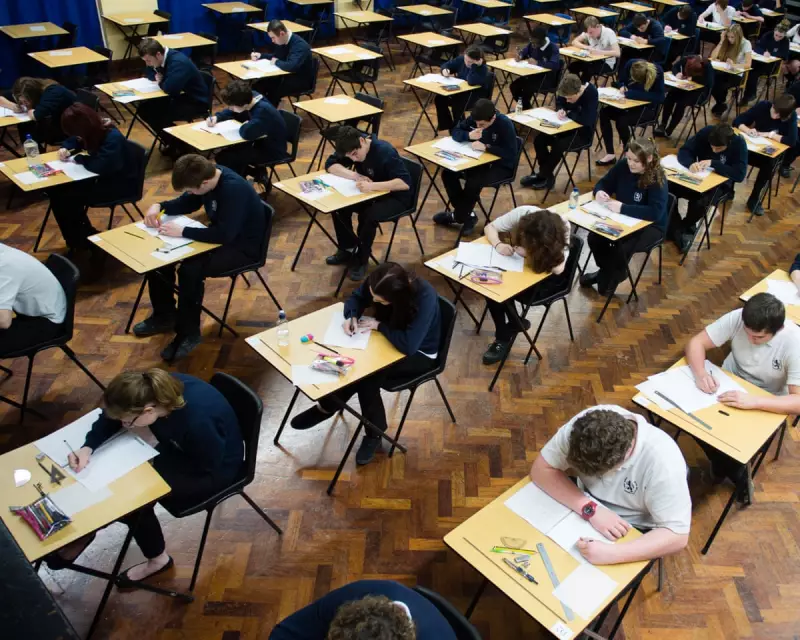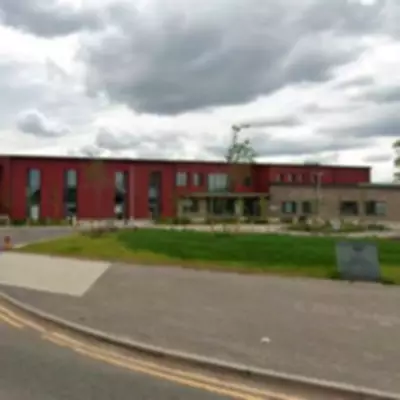
Britain's education system is facing unprecedented criticism from top educators and industry leaders who describe it as "viscerally wrong" for the modern era. The current model, largely unchanged since Victorian times, is failing to prepare students for the challenges of the 21st century.
According to prominent voices across education and business, the system prioritises rote learning and outdated assessment methods over critical thinking, creativity, and practical skills. This growing disconnect between classroom learning and real-world requirements is creating a skills crisis that threatens Britain's economic future.
The Victorian Legacy Holding Students Back
The foundation of Britain's current educational approach dates back to the 19th century, designed to create compliant factory workers rather than innovative thinkers. Despite dramatic changes in technology and society, the core structure remains remarkably similar.
"We're assessing children on their ability to retain information rather than their capacity to think critically or solve complex problems," explains one leading educational psychologist. "The world has transformed, but our classrooms haven't."
Business Leaders Sound the Alarm
Major employers are increasingly vocal about the skills gap emerging from this educational mismatch. Companies report that new recruits often lack essential capabilities like digital literacy, adaptability, and collaborative problem-solving.
"The system creates excellent exam-takers but doesn't necessarily produce innovative employees or entrepreneurial thinkers," notes a technology sector representative. "We're having to invest heavily in retraining graduates for the actual demands of the modern workplace."
Pressure Mounts for Radical Reform
Calls for change are growing louder, with demands including:
- Reducing emphasis on high-stakes examinations like GCSEs and A-levels
- Integrating digital skills throughout the curriculum
- Focusing on developing emotional intelligence and resilience
- Creating more flexible learning pathways tailored to individual strengths
- Emphasising project-based learning and real-world applications
Educational innovators point to successful alternative models in other countries that have embraced more progressive approaches while maintaining academic rigour.
The Path Forward
While consensus is building around the need for change, implementing meaningful reform presents significant challenges. Resistance from traditionalists, political considerations, and the practical difficulties of transforming a vast system all create obstacles.
However, the growing chorus of concern suggests that incremental changes may no longer be sufficient. Many experts argue that nothing less than a fundamental reimagining of education's purpose and methods will address the deepening crisis.
As one headteacher summarised: "We're trying to prepare children for their future, not our past. The current system makes this increasingly difficult. The time for serious conversation about radical change is now."





